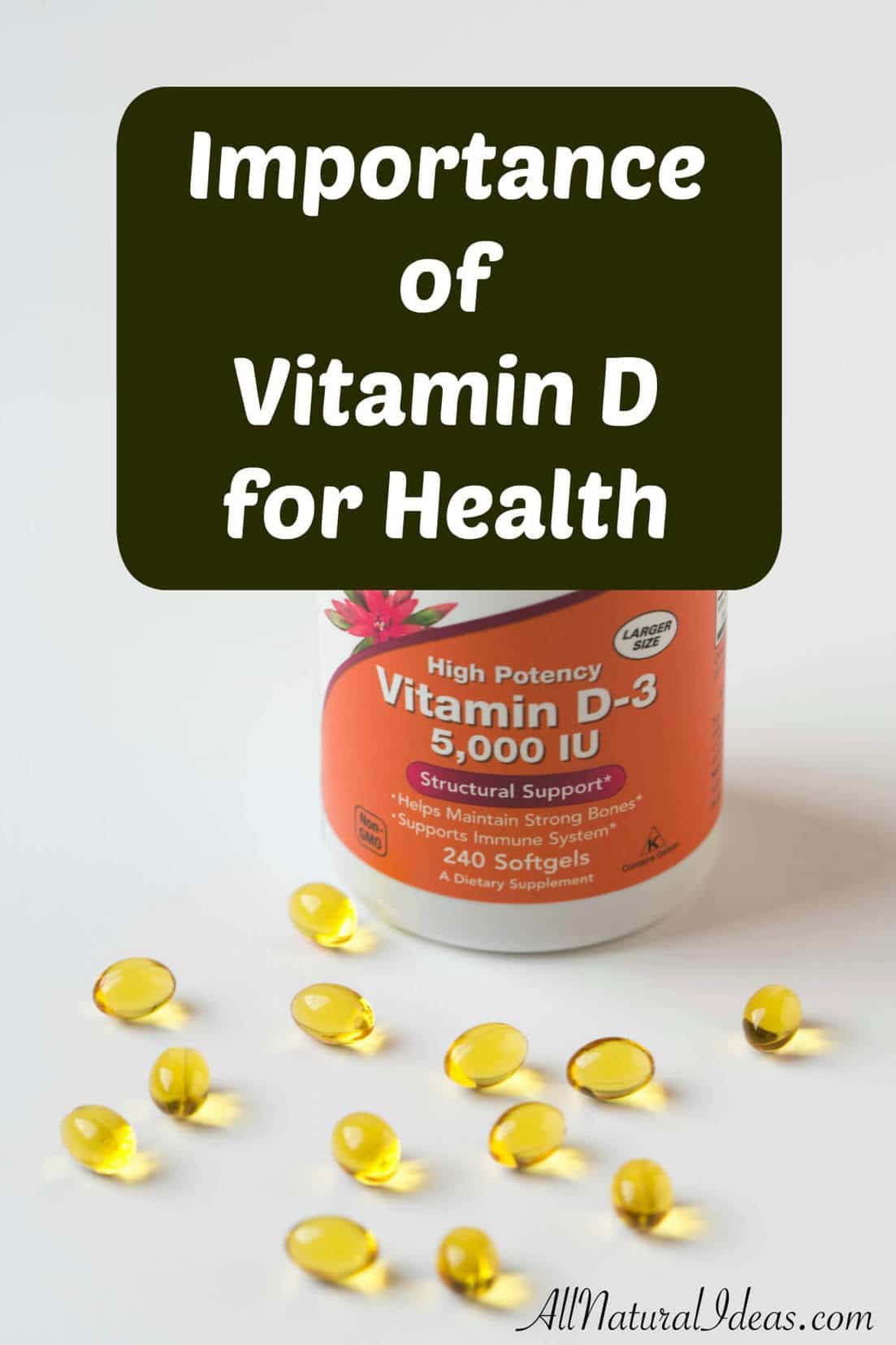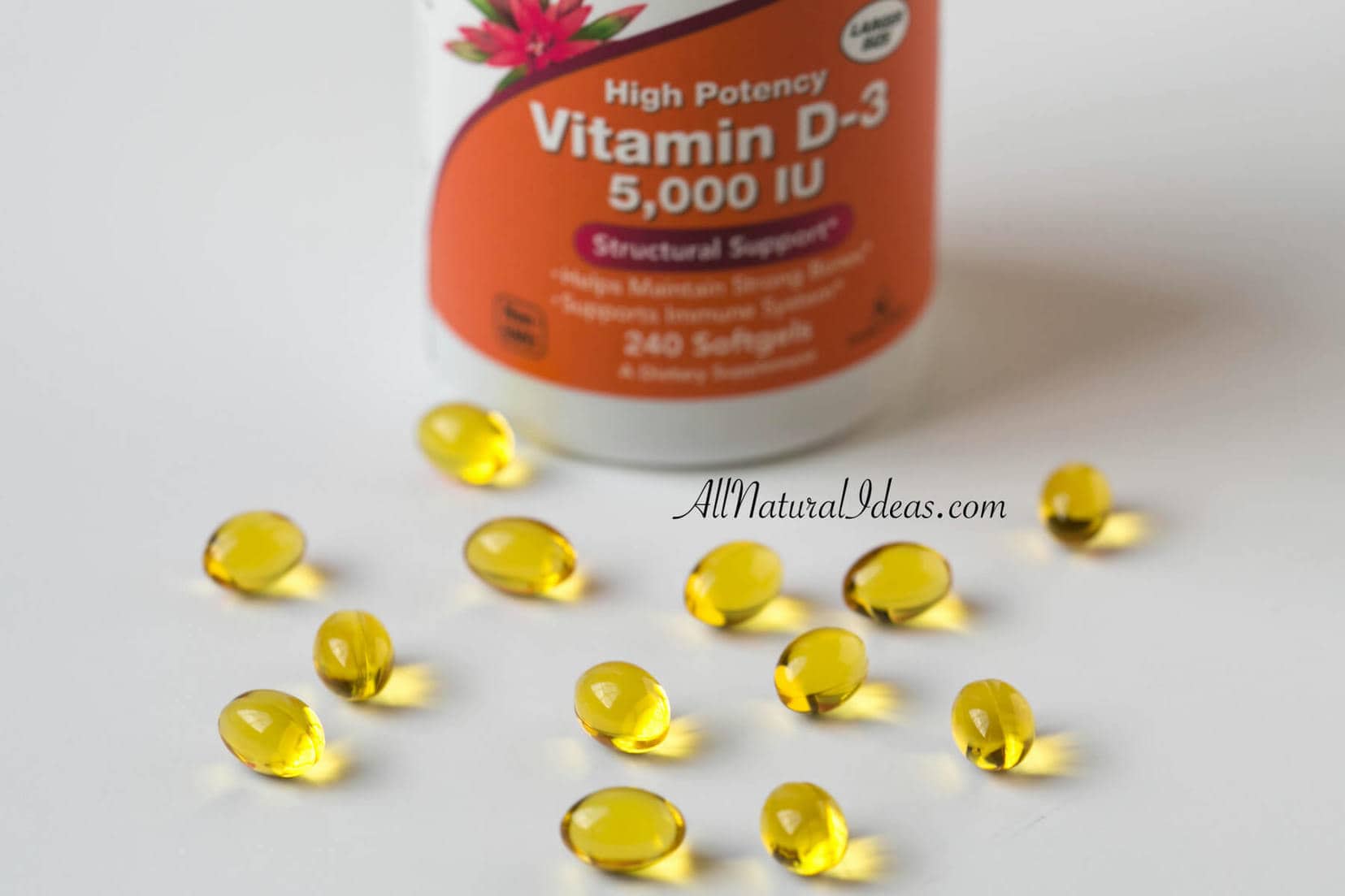What are the vitamin D important functions for health? Vitamin D is needed for healthy bones and to help you fight off infections by boosting immune system.
Typically, humans do not make their own sources of energy like plants do. Rather, we consume nutrients found in food sources or supplements and process it to how we need it through cell processes.
However, there is an anomaly to this general rule of thumb and that substance is Vitamin D. Unlike other vitamins and minerals our bodies can process its own Vitamin D from the sun. And, there are many vitamin D important functions for health.
All of that scientific jargon aside, what are vitamin D important functions for health? One of the key benefits of Vitamin D is that it regulates the absorption of calcium in order to promote healthy bones.
Vitamin D deficiencies have been shown to lead to osteoporosis in older adults. Vitamin D is also important to maintaining normal immune system functions which helps build resistances against disease to allow for less sick outbreaks.
Now that you know the health benefits behind Vitamin D, how exactly can you tell if you have a Vitamin D deficiency? Before delving into the symptoms, lets take a closer look as to why you may develop Vitamin D deficiencies.
For starters, if you spend more time indoors you are more likely to develop Vitamin D deficiencies because you are not exposing yourself to the sun as frequently. The same can be said if you apply too much sunscreen. By doing so you are blocking out the sun from being absorbed into your skin and ultimately depriving your body of Vitamin D. Any other activities that may reduce your exposure to sunlight are also problematic to Vitamin D deficiencies.
Unlike many deficiencies, the symptoms to Vitamin D deficiency can be subtle and oftentimes go unnoticed. You may experience bone weakness or brittleness so keep alert to that. The health risks silently increase with a lacking in Vitamin D deficiency, and oftentimes it is too late once the condition is found. Therefore, prevention is the best measure to keeping safe.
So what can you do to maintain healthy levels of Vitamin D? The easiest way is just spend a few minutes outside in the sun! For lighter skin individuals, those possessing less melanin, they only need about 10 minutes of sunlight exposure to bring Vitamin D levels back into sufficiency.
This low level of sun exposure allows for a healthy intake of Vitamin D and prevents overexposure which can cause skin cancer. You may ask what to do during the winters when you are stuck indoors because it is too cold outside.
To continue maintained levels of Vitamin D simply eat foods that are rich in Vitamin D. These foods include: dark leafy greens, salmon, carrots, and collard greens. If you still feel like your Vitamin D intake is deficient you can take Vitamin D supplements orally daily.
As time goes on Vitamin D studies increasingly show its importance to staying sick free and keeping healthy bones. Especially during the winter months it is essential to maintain healthy levels of Vitamin D to reduce the risk factor of catching the flu. During times of little sunlight exposure it is easy to eat Vitamin D rich foods or supplements. So give it a shot, feel better and move easier!








